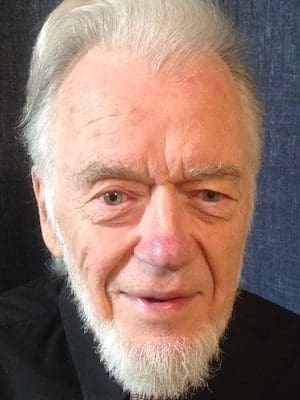For a long time, I have been a supporter of the organization known as Food for the Hungry, which was founded in 1971 and has, for many years, been an international organization.
Food for the Hungry/Japan was formed in 1981, and, for many years, Eisuke Kanda was the head of it.
In the 1980s, we invited Kanda-sensei to be the Christian Focus Week speaker at Seinan Gakuin University in Japan. I was able not only to get to know him personally but also to hear firsthand about the good work Food for the Hungry/Japan was doing overseas.
Domestic hunger has not been much of a problem in Japan for quite some time.
In June, I was in Cambodia and spent some time with Hwang Ban-suk, a Korean missionary who is partially supported by, and thus who works with, Korea Food for the Hungry International (KFHI). I was also impressed by Troeun Nhao, the Cambodian man who works with Hwang and KFHI.
In response to the chronic hunger problem in Cambodia, especially in the rural areas, Hwang literally and directly supplies food for the hungry. He takes bread to malnourished children several times a week.
Mrs. Hwang is a volunteer kindergarten teacher in a small school on the outskirts of Siem Reap, the city where Angkor Wat attracts hundreds of thousands of tourists yearly. I was told there are some 600 hotels and “guest houses” in Siem Reap.
Numerous Western and East Asian restaurants line the main roads through the city. But just a few miles out of town, most people live in poverty.
For some families, their yearly income is no more than a party of four spends for one dinner at one of the Japanese or Korean restaurants in town.
On my first full day in Siem Reap, I helped distribute food at the school where Mrs. Hwang teaches, handing out bread to the children who lined up and thankfully received what we gave them.
For a long time, though, I have thought that even more than helping those who are hungry now, attention needs to be given to dealing with the causes of hunger. Of course, the former needs to be done, but only helping with the present problem of hunger is never enough.
Whether domestically or overseas, it is more important to work toward decreasing hunger in the future than to simply give food to hungry people in the present.
That is a problem with most local food distribution groups. To be sure, they do a good and important work in helping needy people now. But usually they do nothing to help solve the underlying causes of the hunger problem.
Thankfully, Food for the Hungry focuses on both. Hwang is involved in development projects as well as in relief efforts, and I was sorry the language barrier kept me from learning more specifically about what he is doing in working for long-term solutions.
Part of the needed change in Cambodia is in the mindset of the people. This seems quite clear from reading Joel Brinkley’s book, “Cambodia’s Curse: The Modern History of a Troubled Land” (2011).
That is why I am glad to support the work of Food for the Hungry, a Christian organization, and the work of Missionary Hwang, now partly centered in New Hope Church, which I wrote about previously.
Leroy Seat was a missionary to Japan from 1966-2004 and is both professor emeritus of Seinan Gakuin University and pastor emeritus of Fukuoka International Church. A version of this column also appeared on his blog, The View from this Seat, and is used with permission. You can follow him on Twitter @LKSeat.
A missionary to Japan from 1966-2004, he is both professor emeritus of Seinan Gakuin University and pastor emeritus of Fukuoka International Church.

